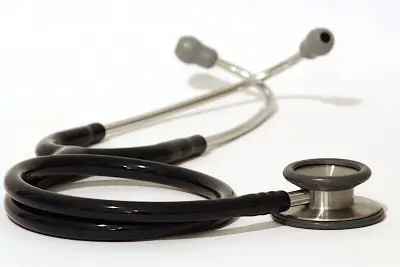Sepsis, also known as blood poisoning, is a potentially fatal medical condition triggered by an infection. If you read yesterday’s New York Times article about a local boy who was treated at NYU Langone Medical Center for an upset stomach and died of sepsis three days later, you may be looking for more information on this mysterious condition, which is a leading cause of death in hospitals.
We spoke with Karin Sadow, MD, FAAP, regional medical director of PM Pediatrics, to find out who is at risk for sepsis, how it’s contracted, what the symptoms are, and how it’s treated.
What is sepsis?
Sepsis is an infection that invades the bloodstream. It overwhelms the body and leads to organ dysfunction—by organ dysfunction I mean the lungs, the kidneys, the liver, and different organs in the body won’t be able to do their job because of the infection.
Who can get sepsis and how is it contracted?
Unfortunately anybody can become septic, and it can be contracted from a skin infection, a urinary tract infection, or pneumonia—those are the most common. Any age group can get it. Often times, it is thought that the very young and the very old are more susceptible.
What are the symptoms of sepsis?
The symptoms can be vague. In a baby, it can just be poor feeding or not acting right. In children and the elderly, it can be lethargy or disorientation. It can be a fever, abdominal pain, or vomiting. It can also be a rash.
What is the treatment like for sepsis?
If the patient is septic, then they need to get fluids and antibiotics. Sometimes a patient will also need special medicine to keep their blood pressure high enough to normalize it.
Can sepsis be fatal?
The symptoms can be vague enough that it won’t be caught early. If it is caught late, then it unfortunately can be fatal. If it is caught early, there is a very strong chance that it can be treated with antibiotics and with fluids.
For more information about sepsis, see:
The National Institute of General Medical Sciences’ sepsis fact sheet
Dr. Karin Sadow serves as regional medical director for PM Pediatrics, an urgent care facility with locations in Westchester County, Queens, and on Long Island. Prior to joining PM Pediatrics, Dr. Sadow was the director of pediatric emergency medicine at Mount Sinai Medical Center. She is board certified in both pediatrics and pediatric emergency medicine. Dr. Sadow received her medical degree from Cornell University Medical College and her bachelor of arts from Cornell University.



















